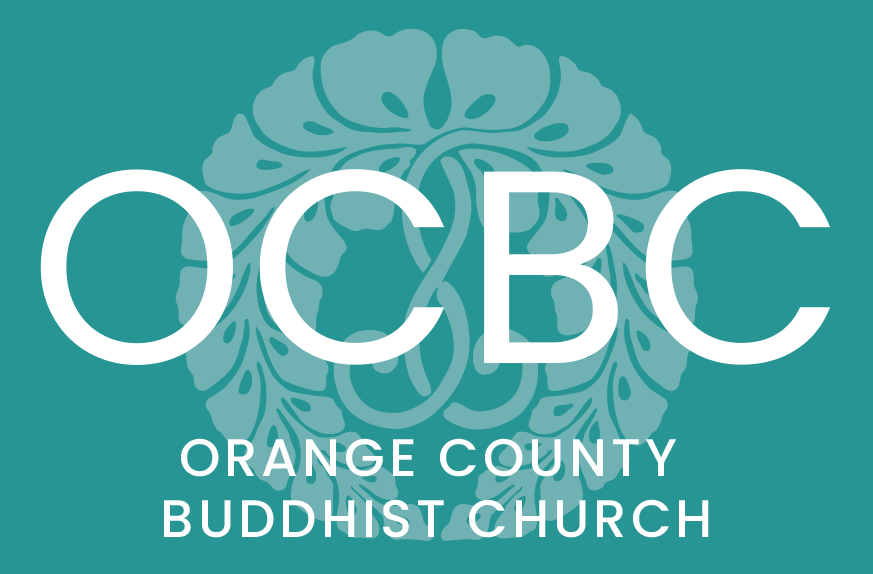Two Competing Narratives
“Strolling along the edge of the sea, a man catches sight of a young woman who appears to be engaged in a ritual dance. She stoops down, then straightens to her full height, casting her arm out in an arc. Drawing closer, he sees that the beach around her is littered with starfish, and she is throwing them one by one into the sea. He lightly mocks her: ‘There are stranded starfish as far as the eye can see, for miles up the beach. What difference can saving a few of them possibly make?’ Smiling, she bends down and once more tosses a starfish out over the water, saying serenely, ‘It certainly makes a difference to this one.’” (Page 55)
This is a story by Loren Eisley, I read it in Ben and Rosamund Zander’s book The Art of Possibility. It is a retelling of an original Buddhist story between a monk and his disciple. This story begins Chapter 4, Being a Contribution. I found it to be the best contemporary explanation of how we can live our lives in one of two ways. The first is a life of calculation and second is a life of contribution.
Rosamund Zander describes calculation as the mind of measurement. It lives in a world of scarcity and achievements. Life is seen as a zero-sum game where there are winners and losers. It is a mind that competes with others even while practicing Buddhism. In this world, everything is ranked and measured.
In contrast to this, is a world of contribution. This is where we experience infinite opportunities and possibilities. It is a universe where we can find everything in abundance. Rather than focusing on achievements, we look for ways we can contribute. Rather than doing it on our own, we become part of something bigger than our selves.
We do this by following Rule Number 6,
“Don’t take yourself so seriously.”
It turns out that there are no other rules, only Rule Number 6. It is a paradox but when the small-self is exposed then the true-self is able to shine itself. It is the small-self that hoards and clings.
Ben Zander explains it in this way,
“When we follow Rule Number 6 and lighten up over our childish demands and entitlements, we are instantly transported into a remarkable universe. This new universe is cooperative in nature and pulls for the realization of all of our cooperative desires. For the most part it lies a bit over our heads. [Bodhisattvas] can fly there because, as you may have heard, they take themselves lightly. But now with the help of a single rule, so can we.” (Page 97)
Rule Number 6 sounds a lot like Namuamidabutsu. We might call it the Rule of 6 Characters. It is how a Shin Buddhist can become deeply self-aware. It is this awareness that invites a mind of play as expressed in the following,
“When one person peels away the layers of opinion, entitlement, pride, and inflated self-description, others instantly feel the connection. As one person has the grace to practice the secret of Rule Number 6, others often follow. Now, with the calculating-self revealed and humored, the central-self shines through.” (Page 89)
There it is, the calculating-self and the central-self. Not only are these different ways of thinking but also different ways of living. Just as in our star fish story above. The man saw achievement and goals. Only two possibilities, either success or failure. But the women only saw a world of contribution. She was contributing to something beyond the world of measurement. She did not see obstacles but rather was in a world in which she could contribute to the greater good. To be a part of life itself. She is not measuring her life in terms of progress. Instead, she was living a life of process and activity.
“From the perspective of the central-self, life moves with fluidity like a constantly varying river, and so do we. Confident that it can deal with whatever comes its way, it sees itself as permeable rather than vulnerable, and stays open to influence, to the new and the unknown. Under no illusion that it can control the movement of the river; it joins rather than resists its bountiful flow.” (Page 96)
Perhaps this is how we can get through the difficulties of life? By merely contributing without worrying about the outcome. Relaxing our expectations in order to experience our life more fully. Rather than measuring what we have now against how it used to be, we can embrace this new world ahead of us and save every starfish possible laying along the beach. It would mean the world to everyone we meet.
Namuamidabutsu, Rev Jon Turner


